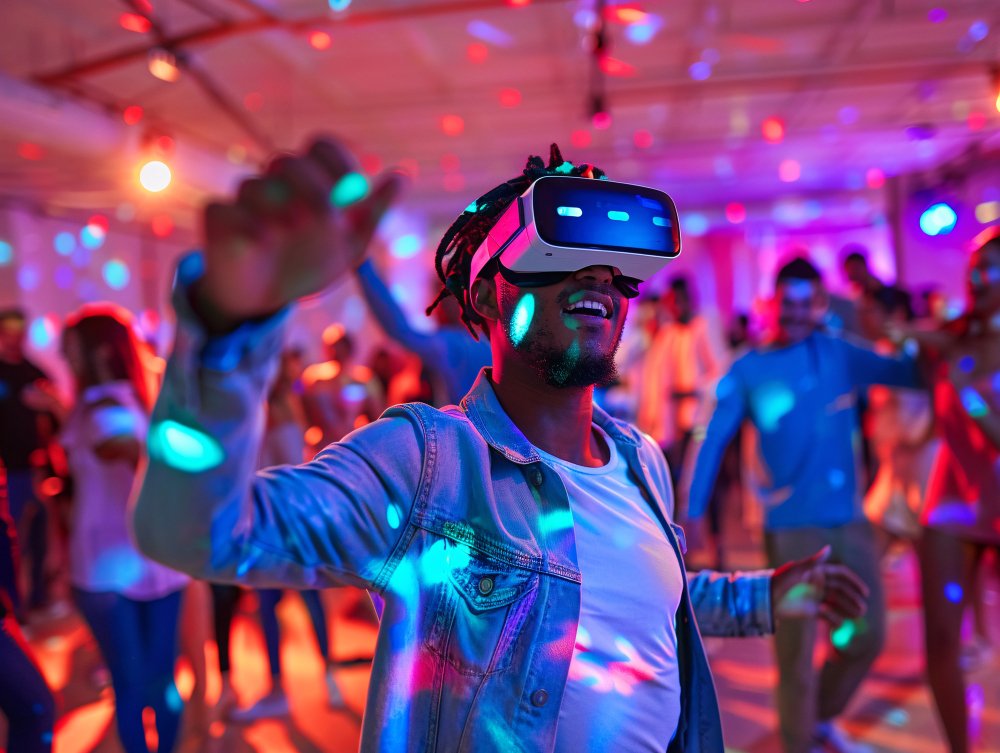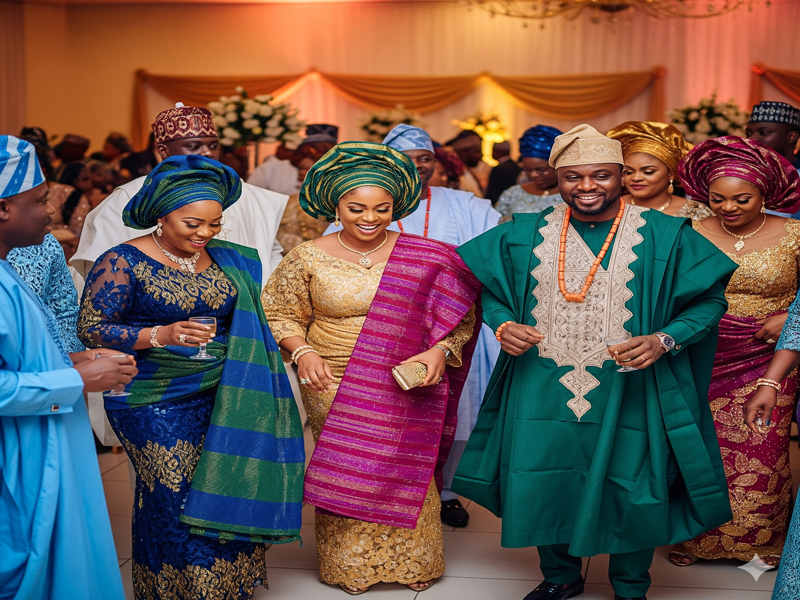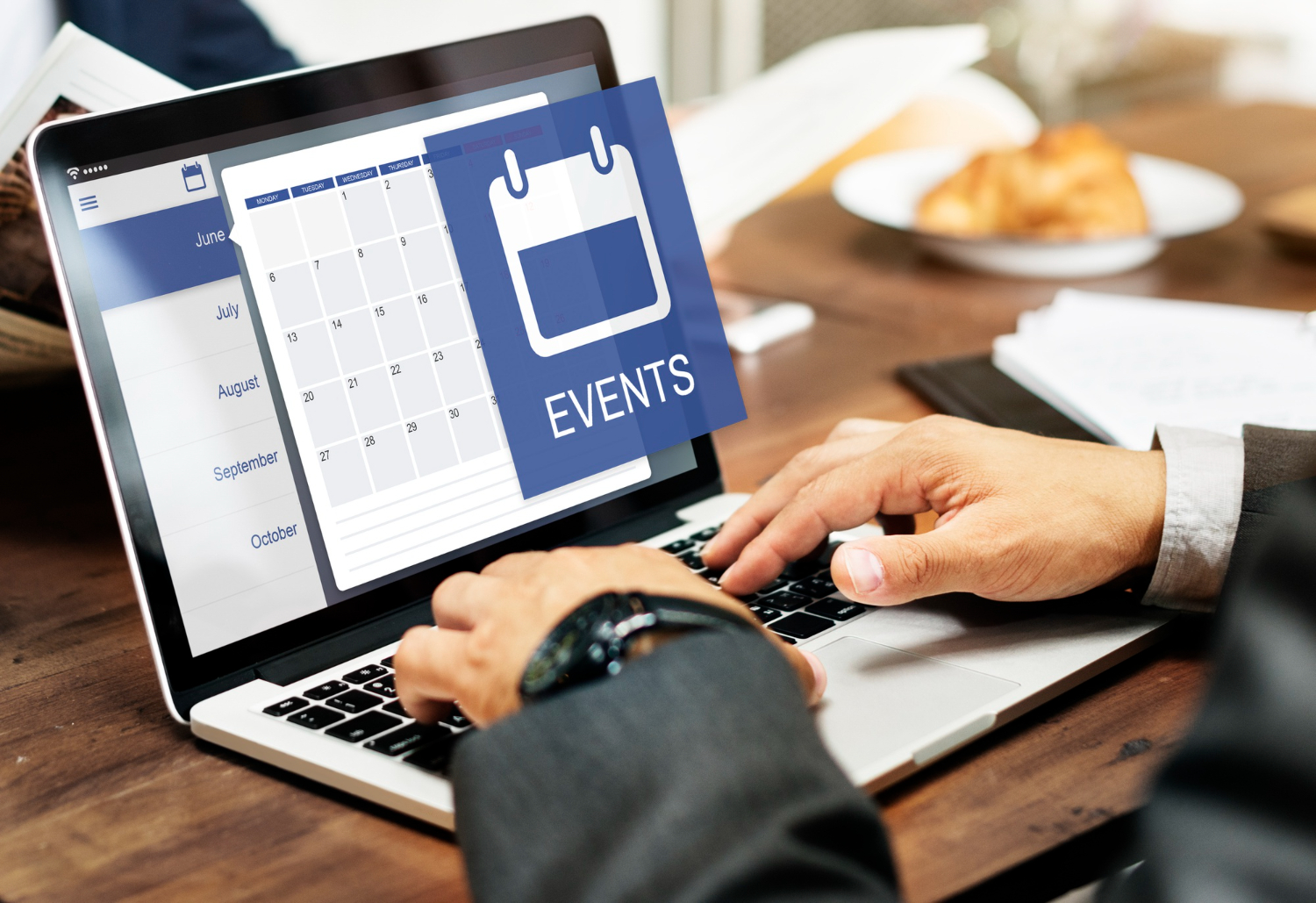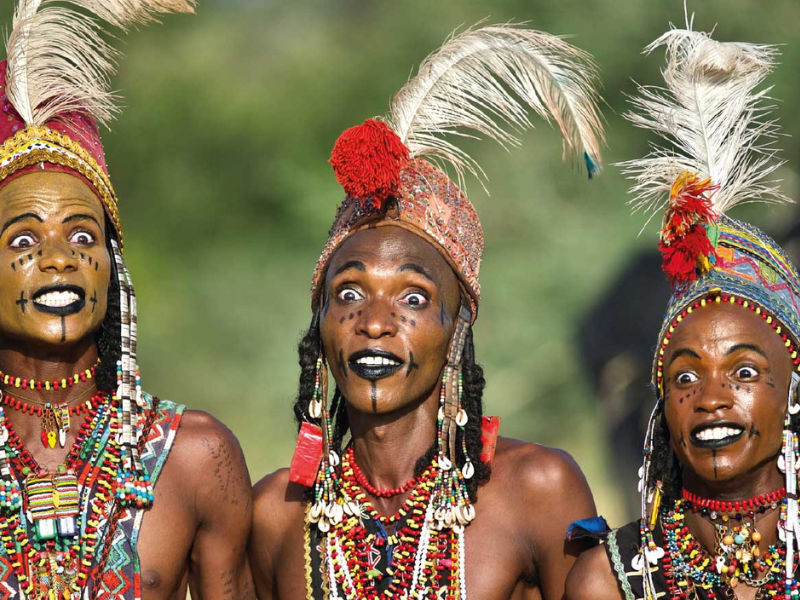One secret to an astounding event’s success is understanding how people decide on which event to attend. However, event management professionals will have to keep thinking of more intuitive ways of delivering an unforgettable terrestrial experience to their audiences and customers
The fact is that people will always make decisions based on what they see, feel, and think as a result of their environmental conditions. According to John Schultz, “People are not only driven by inherent and learned influences but they are also exposed to environmental effects that excite the desire to satisfy fundamental needs that are continually changing. These competing forces produce a set of preferences that shape how individuals sense and evaluate their world.”
So this piece will give us some insights into how people decide which event to attend. But event professionals must also understand that the action they take to convince or attract people to their event may result in the people being manipulated, motivated, or inspired, and these factors have consequences.
However, the insights below are worth considering by event managers and marketers to help them design models that possess a close affinity with the people they intend to attract to their events.
People may decide based on Personal Interest
How interesting is it to see people’s decisions to attend an event influenced by their interests? Personal interest may be the overarching process by which people decide on which event to attend.
One cannot severe some primary psychological processes in this regard and one of these may be attention.
Personal interest serves as a mental filtering process, focusing attention on only those stimuli that are relevant to the topic of interest. People may concentrate more attentively, perceive relevant information more easily, and participate in continuous cognitive processing because of attention.
However, when someone has a sincere interest in something, it generates emotion, which in turn enhances motivation, persistence, and engagement with the object or the subject matter. You may now see why marketers always sell emotions because it is an emotion that will motivate them to explore, seek out challenges, and spend more effort understanding the object.
People may decide based upon Unique experience
Typically, people are looking for events that are unique and promise to offer distinctive experiences as well. They love to see something different and enterprising. How would you feel if you attended an event and all you saw was the same thing again and again? That sounds boring, isn’t it?
For organizers to be able to attract a huge turnout, they have to create a sense of offering that will deliver a completely satisfying experience for their attendees.
Elements that can make events unique may be artistic installations, elements of surprise, unique artists and performances, storytelling, and innovative social impact activities.
People’s decision may be based on Peer influence
Peer pressure is a huge cause for concern in society these days; however, there is a bright side, especially when it is directed at yielding positive vibes.
Peer influence is another interesting insight into how people decide to attend an event of their choice. The influence of friends, colleagues, or social circles can dominate event choices. If someone plans to go to an event with a group of friends or if it comes highly recommended by their peers, they may choose to go.
Positive word-of-mouth, recommendations from friends or family, and even online reviews influence decision-making. People are more inclined to attend events that have a good reputation, are well-organized, and have received positive feedback from people who have attended previously
Personal development and learning opportunities
Events such as conferences, workshops, webinars, or seminars are highly priced because of the value they offer. These are very attractive to people because they offer learning and personal development opportunities.
Nonetheless, an event may not necessarily be a conference, workshop, or seminar for it to be attractive, as long as it will provide value and opportunities to enhance healthy living, welfare, making money, and emotional or mental health.
Finally,
Cultural and Social Relevance
Some people love to associate themselves with their culture and/or traditional routines, especially for social relevance.
Events that hold cultural, social, or historical significance may have a higher appeal and may enable people to prioritize attending such events that celebrate their heritage, commemorate important milestones, or raise awareness about social causes they care about.
For instance, some people hold so dearly the traditional festivals, Thanksgiving, and sacred events that they will do everything they can to attend, whether in person or virtually.
In conclusion, when these characteristics are properly understood, event professionals can simply design events that will increase attendance and success.












1 Comment
[…] 5 Interesting Ways on How People Decide on Which Event to Attend […]